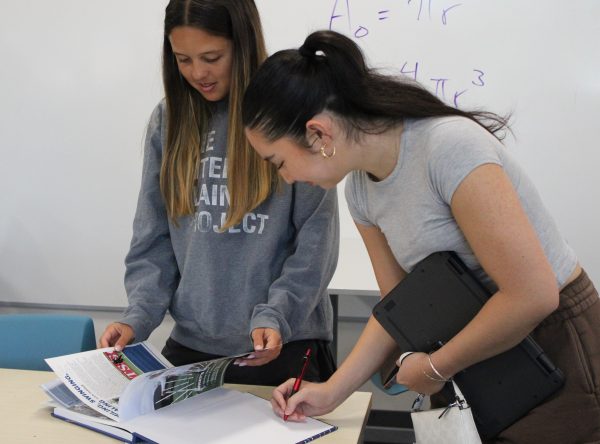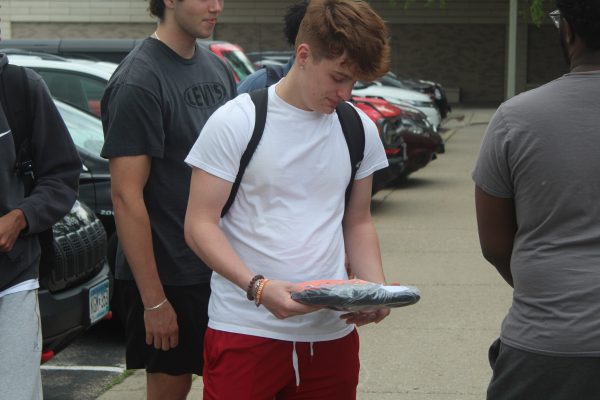Xcel Energy’s climate reforms fall short
The company to retire remaining coal plants, state must do more
June 7, 2019
As a planet, we are on a crash course with the climate crisis — but it’s not too late to change policy.
According to the United Nations, we must cut global emissions in half in just 10 years in order to limit global warming to 1.5 degrees Celsius. However, a large number of nations lack the resources necessary to achieve this benchmark, leaving the responsibility on wealthy governments like Minnesota to be ambitious. As St. Louis Park’s electricity provider and the largest utility in the state, Xcel is leading the charge in this regard.
The company will be closing its last coal plants in the upper Midwest by 2030, according to MPR News. By reducing its emissions, Xcel is doing its part in staving off the worst effects of climate change, but it is essential other utilities and greenhouse gas emitters join the fight against climate change.
In every possible way, we must transition away from fossil fuels; meaning massively reforming our energy grid, transportation and every other contributor to greenhouse gas emissions.
Xcel also announced it would be opening a new natural gas plant, signalling its continued reliance on fossil fuels, according to MPR. It’s far too late in the game to still be using fossil fuels, let alone developing a greater reliance on them. Instead, Xcel should use its money to invest more in renewable energy.
— Xcel Energy is doing its part in staving off the worst effects of climate change, but it is essential other utilities and greenhouse gas emitters join the fight against climate change.
The company does not cover all of Minnesota, meaning other electric utilities must step up as well. Furthermore, electricity only makes up 28 percent of emissions, according to the Environmental Protection Agency, so we must also address our reliance on oil in transportation and the use of fossil fuels in agriculture and industry.
Governments must step up to hasten the transition. St. Louis Park has done a great job of reducing its impact on the environment through its Climate Action Plan, but we can always do more.
Even if we, as a state and a community, are on track to cut our emissions in half by 2030 — as the United Nations calls for — we still have a responsibility to do more because we have the resources to do more.
If we are to prevent the climate crisis, we must transition away from fossil fuels as soon as possible.













